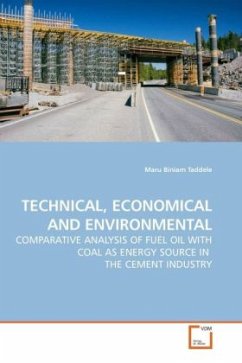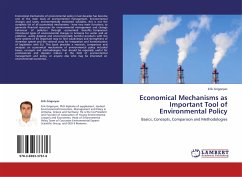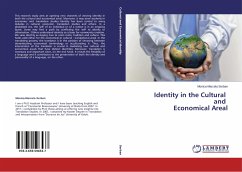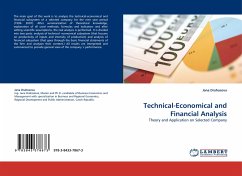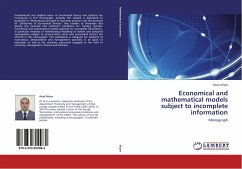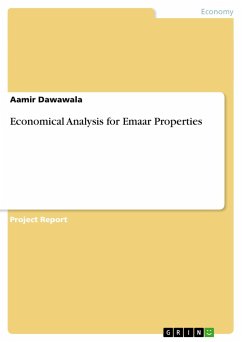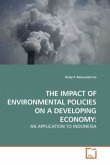The production process of cement clinker is energy- intensive and requires a large amount of fuel. All the Ethiopian cement industries use heavy fuel oil as energy resource in the production cement. In this study it is shown that for Messebo Cement Factory (MCF),the cost of fuel oil per tonne of clinker sharply escalated. This has made it difficult for Ethiopian Cement Factory to compute and survive in the market. All over the world cement factories are switching over from fuel oil or gas to coal since coal is considered as an alternative cheaper fuel.However,the introduction of coal has itsown challenges. This paperexaminestechnical,economical and environmental comparative analysis of fuel oil with coal as energy sources in cement manufacturing industry.Result from the technical analysis shown that of Dilbi coal quality reveled the possibility of using in place of furnace oil.The economical analysis shows that substantial investment for additional facilities and equipment are required. Finally it is shown from the environmental analysis of applying LCA of 1kg clinker production from cradle to gate ,there is not a big difference of environmental impact.
Bitte wählen Sie Ihr Anliegen aus.
Rechnungen
Retourenschein anfordern
Bestellstatus
Storno

